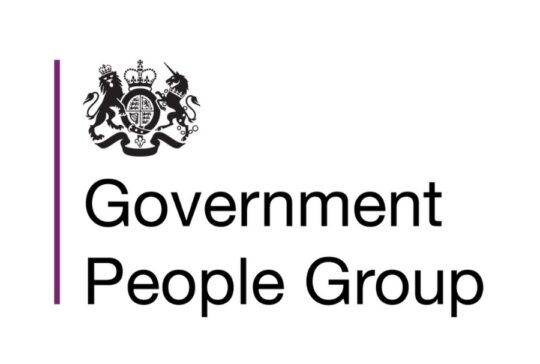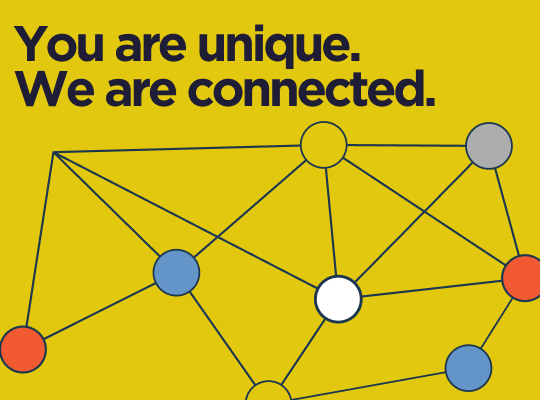
Interoperability OneData
The Interoperability OneData Programme programme is made of three projects. Each project is designed to make it easier to be a civil servant in a modern Civil Service which:
- is flexible, efficient and effective
- makes intelligent use of data and technology to manage the workforce
Every year, around 5 per cent of civil servants transfer between government departments. The digital Employee Transfer Service launched in 2023 to make transferring faster and easier than the previous process. It helps civil servants keep their continuity of service and transfer without resigning.
The digital service replaces a Microsoft Excel based process which was slow and prone to error.
The digital service:
- reduces time and effort spent on transferring
- reduces the likelihood of payment errors experienced by civil servants
- improves accessibility to make the transfer process more effective and inclusive
Throughout 2025 more departments will join the service.
Departments already using the digital service when a civil servant transfers between them are listed on GOV.UK.

Feedback from employees, managers and HR teams is used to improve the digital service. Here’s what some employee’s and manager’s had to say about the Employee Transfer Service:
“Process is really efficient. Removes opportunities for errors with the validation on the platform. Great visibility on the progress of the transfer for all parties involved taking away the need to chase up forms by email, return incorrect forms etc.”
“The team that manage the service take onboard the feedback they are given and have made changes to enhance the user experience. The system is very well built and does the job that it needs to do and makes the transfer process very efficient.”
“I have recently onboarded a new member of staff from the DWP and used the new process. I just wanted to say how easy and user friendly I found it. I thought it was great that email notifications were received for each step in the process highlighting exactly what actions were required. I also liked the notifications alerting me to the fact the candidate had outstanding actions which prompted me to call them and request that they log in and update.”
“I feel this is a much better process that replaces the previous manual CSET and ensures a positive candidate experience. Feedback from the candidate has also been positive and my new starter was surprised at how swift the whole transfer has been.”
As a civil servant, your data exists in a lot of different places. Some of these include payroll systems, learning platforms and your pension portal. A lot of these systems are not connected, so linking your data between these can be a challenge. This is why we’re creating a Central Employee Identifier (CEI).
The CEI is a unique identifier added to employee data. It allows quick and accurate connection of your data. The CEI will link your data to the relevant systems and services. For example, if you transfer to another government department. Your identifier will enable accurate messaging to all systems that need updating.
The CEI is the foundation that will join data and interoperable processes.
The Integration Hub is an important building block for connecting Civil Service-wide processes. Through tried, tested and repeatable design patterns, the integration hub will:
- increase reliability assurance and security
- reduce cost and complexity
- provide efficiency improvements for transactional processes
- improve integration and automatic data flows
Gathering data from services which cut across the Civil Service is not joined up. The Integration Hub will enable departments to find, share and use timely, high quality and secure data.

Did you know?
Approximately 5% of civil servants transfer to another government department every year. That’s over 20,000 civil servants. And when you move to another government department, you don’t need to resign. That’s because you are not leaving the Civil Service.
Find out more
If you’re interested in learning more about the Interoperability OneData projects, sign up to the Interoperability newsletter at our stall at Civil Service Live events.

